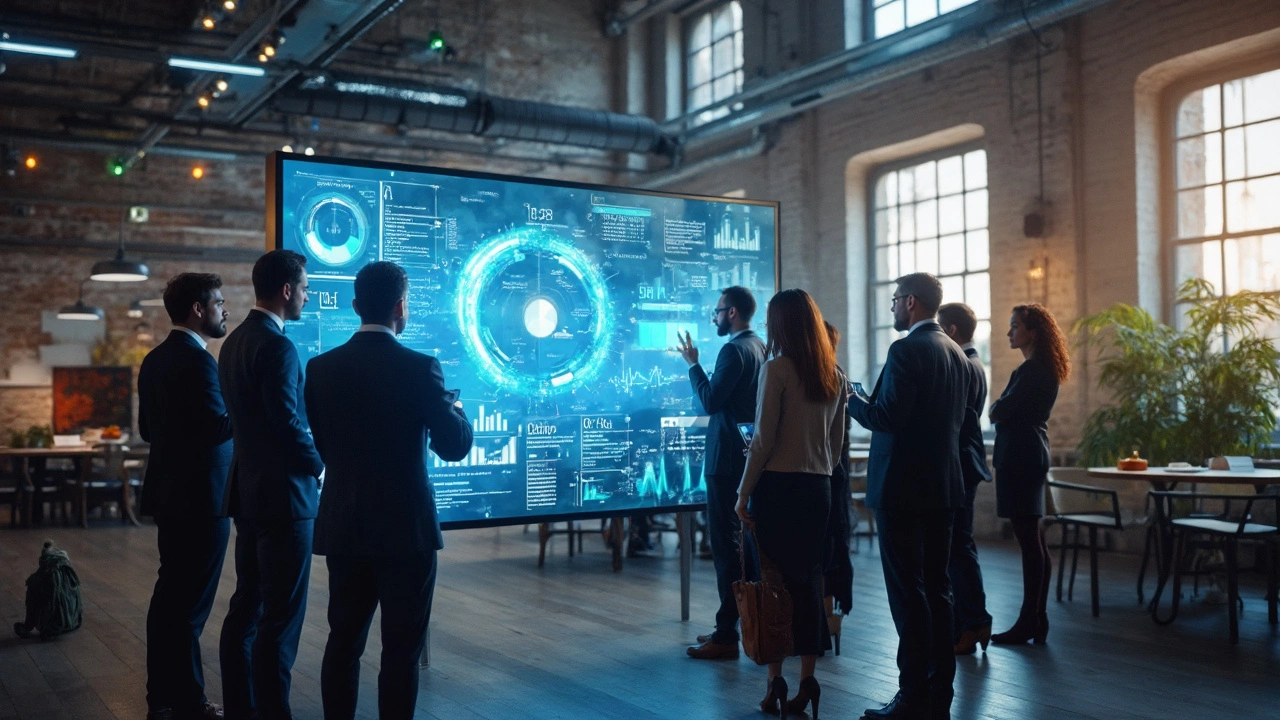Technology & HR: AI’s Impact on the Modern Workplace
Artificial intelligence is no longer a buzzword for HR departments; it’s a daily tool. From scanning résumés in seconds to scheduling interviews automatically, AI helps HR teams move faster and focus on people instead of paperwork. If you’re wondering whether AI is a hype or a real game‑changer, the answer lies in the results you see on the hiring floor today.
AI‑Powered Recruiting
First up, recruiting. Traditional screening can take days, and human bias often slips in unnoticed. AI algorithms can read thousands of applications, rank them by skill match, and even flag diversity gaps. Companies report up to 30% shorter time‑to‑hire when they let AI do the heavy lifting. The technology also gives candidates quick feedback, which keeps them engaged and reduces drop‑off rates.
But AI isn’t a magic wand. It needs quality data to work well. Garbage‑in, garbage‑out still applies, so HR teams must clean up old records and set clear criteria. When that foundation is solid, AI becomes a reliable assistant that suggests the next best candidates without the fatigue of manual sorting.
Automation Beyond Hiring
Hiring is just the tip of the iceberg. AI-powered chatbots answer routine employee questions about benefits, leave policies, or payroll 24/7. This frees HR staff to handle complex issues like conflict resolution or career development. Predictive analytics also spot turnover risks by looking at engagement scores, allowing managers to intervene before someone quits.
One practical tip: start small. Automate one repetitive task—like sending interview reminders—track the time saved, and then expand. This step‑by‑step approach keeps the team comfortable and lets you measure ROI as you go.
Challenges do exist. Data privacy regulations mean you must be transparent about how employee data is used. Also, over‑reliance on AI can erase the human touch that many workers value. The sweet spot is a partnership where AI handles the grunt work and humans add the empathy and judgment.
Looking ahead to 2025, we’ll see AI deepening its role in performance reviews, learning pathways, and even succession planning. Imagine a system that recommends personalized training based on real‑time skill gaps—saving both time and money. To stay ahead, HR leaders should keep an eye on emerging tools, invest in upskilling their teams, and regularly audit AI outcomes for fairness.
Bottom line: AI is reshaping HR faster than most expect. If you adopt the right tools, clean your data, and balance automation with human insight, your HR function can become a strategic driver of growth rather than just an administrative unit. Start with one AI use case today and watch the ripple effect across the entire organization.

How Artificial Intelligence is Changing Human Resources in 2025
Explore how artificial intelligence is transforming human resources in 2025—covering hiring, automation, challenges, and future tips HR teams can't ignore.